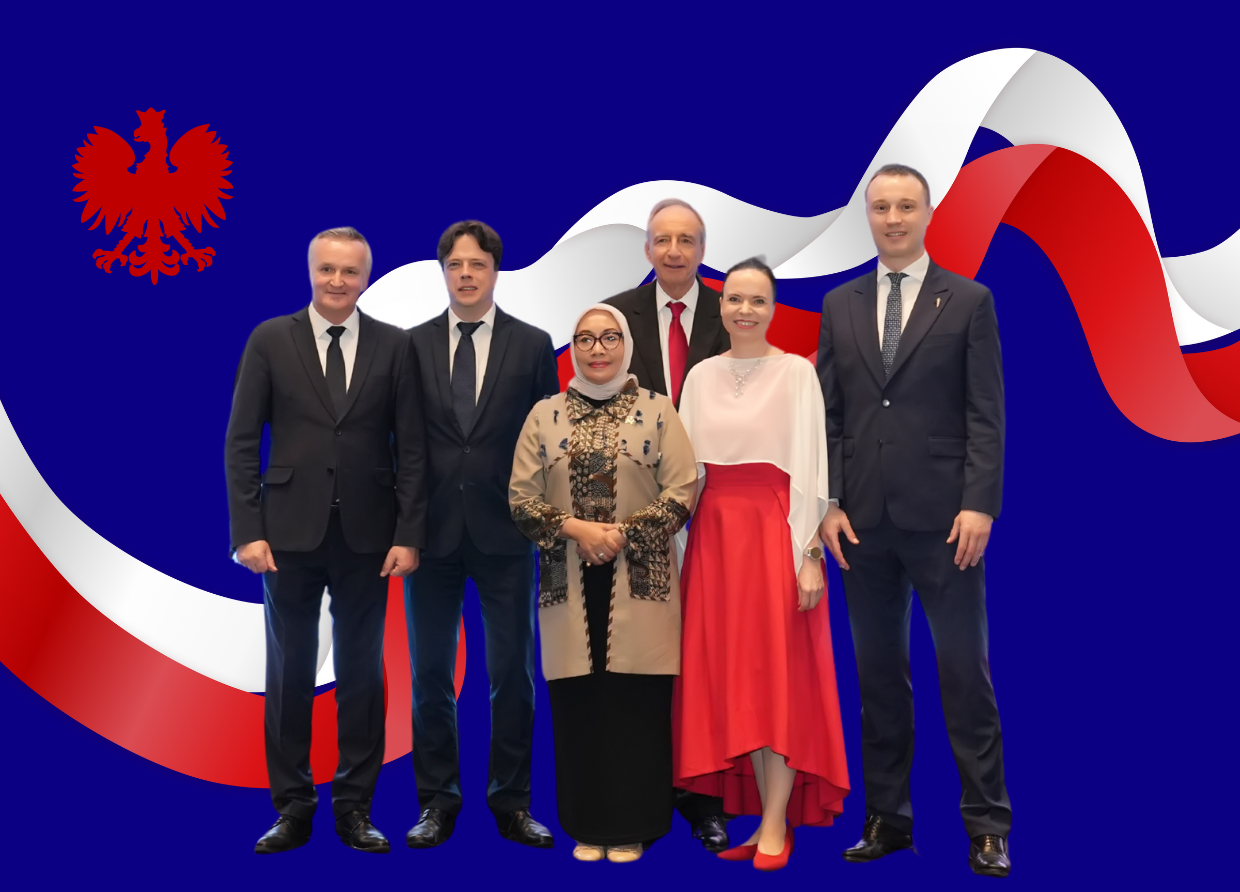INDONESIA'S FOUR-DAY WORK WEEK: A STEP TOWARDS INCREASED PRODUCTIVITY AND ECONOMIC EFFICIENCY?
Boosting Productivity and Employee Well-Being: The Financial Impact of Indonesia’s Four-Day Work Week Initiative

Indonesia’s Ministry of State-Owned Enterprises (BUMN) has officially introduced a four-day work week option for its employees, citing potential productivity gains and improved work-life balance. The move follows a successful pilot project launched in June last year, demonstrating that flexible work arrangements can contribute to both employee well-being and operational efficiency.
A Strategic Approach to Work Efficiency
Under the Compressed Work Schedule initiative, employees who meet the 40-hour weekly work requirement are given the option to condense their workweek into four days. This policy, however, is not a blanket implementation but rather a voluntary program that requires approval and is limited to twice a month per employee.
Deputy Minister for Human Resource Management, Technology, and Information, Tedi Bharata, emphasized that this initiative allows employees to optimize their work schedules while maintaining overall productivity.
“If someone is working for 40 hours in a week, they can opt for the four-day work week within the same week. It’s available for those who want it, but it requires approval,” Tedi told CNN Indonesia last Friday (Jan 24).
Potential Economic and Financial Impacts
While the initiative primarily focuses on employee well-being, its long-term economic benefits could be significant. Studies from various countries that have adopted similar policies suggest that reducing the number of workdays can lead to increased productivity, reduced operational costs, and improved employee retention.
By allowing employees to better manage their personal and professional lives, the ministry anticipates higher efficiency levels and reduced burnout rates, potentially cutting costs associated with absenteeism and turnover.
The financial implications extend beyond individual companies. A more balanced workforce could lead to higher consumer spending in leisure and service sectors, boosting Indonesia’s economic activity. Additionally, companies may see lower utility and operational costs on non-working days, creating an overall more efficient business model.
Future Expansion and Corporate Adoption
Currently, the four-day work week policy is exclusive to employees within the Ministry of State-Owned Enterprises and has not yet been extended to firms under its jurisdiction. However, Tedi mentioned that its effectiveness is still under evaluation, and expansion may be considered in the future.
Indonesia has 47 state-owned enterprises, with plans to streamline the number to 30. If implemented across SOEs, this initiative could redefine work structures for thousands of employees, making Indonesia a leader in flexible work arrangements within Southeast Asia.
While the initiative has not yet been extended to other government ministries, discussions around its feasibility in different sectors are gaining momentum. The incoming Jakarta governor’s transition team has floated the idea of introducing a similar policy at a city level, though this remains in the early stages.
A Global Trend in Workforce Adaptation
Indonesia’s approach aligns with a broader global shift towards flexible work models. Countries like Belgium have fully implemented four-day work weeks, while Japan has piloted similar policies, particularly for employees with caregiving responsibilities. By 2025, Japan plans to offer the option universally.
Meanwhile, in Indonesia, several startups have already embraced the four-day work week, particularly within the fintech and e-commerce sectors. Companies like Alami, Bolt, and crowdfunding platform Kickstarter have pioneered flexible work arrangements, showing that such policies can thrive even outside traditional government structures.
What’s Next?
As Indonesia prepares for economic challenges in 2024 and 2025, balancing productivity with workforce satisfaction will be key. The four-day work week may not only benefit employees but also contribute to the nation’s broader economic resilience. If proven successful, this model could reshape how businesses and public institutions operate, making Indonesia a forward-thinking player in the evolving global workforce landscape.



























